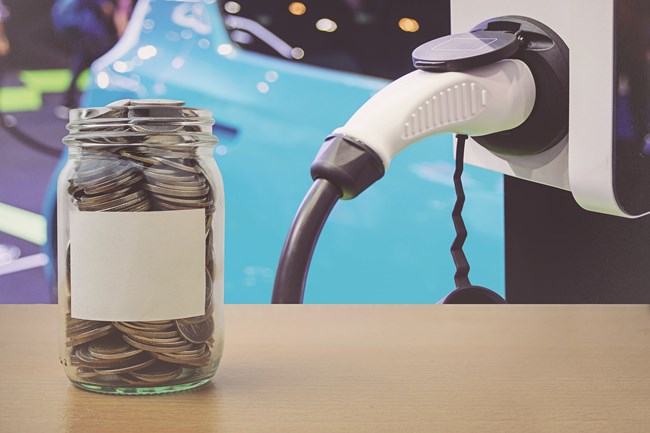We use cookies to ensure that we give you the best experience on our website. If you continue without changing your settings, we will assume that you are happy to receive all cookies on the Business Car website. However, if you would like to, you can change your cookies at any time

The start point for the best source of fleet information |
EV rapid charging now more expensive than fuelling petrol car, RAC finds
Date: 10 January 2023 | Author: Sean Keywood

The cost of using public EV rapid chargers has soared by 50% during the last eight months, according to the RAC.
The motoring organisation said it now cost an average of 70.32p per kWh to rapid charge on a pay-as-you-go basis, up from 44.55p last May and from 63.29p last September.
In addition, the price of using the fastest ultra-rapid chargers, which have power outputs of over 100kW, now stands at 74.79p per kWh, up from 50.97p last May and 63.94p last September.
The increases mean it can now be more expensive to fuel an EV than a petrol car, with rapid chargers now costing 20p per mile and ultra-rapid chargers 21p per mile, versus 17p per mile for an equivalent petrol car. The cost of fuelling a diesel car is said to be roughly parallel, at 20p per mile.
However, the cost of charging an EV at home remains much cheaper, at less than half the price of a public rapid charge, despite record high domestic energy prices.
The RAC, together with campaign group FairCharge, has reiterated calls for the UK Government to cut the VAT rate charged on electricity bought at public EV chargers from 20% to 5%, mirroring the rate domestic energy users pay.
RAC spokesperson Simon Williams said: "It continues to be the case that those who can charge at home or at work and who don't use the public rapid charging network very often get fantastic value - even given the relatively high domestic energy prices right now.
"Sadly, the same can't be said for people who either can't charge at home or at work, or who regularly make longer journeys beyond the range of their cars. There's no question they have to pay far more, and in some cases more than petrol or diesel drivers do to fill up on a mile-for-mile basis.
"Our concern is that the extremely high energy prices, which are already making people's domestic energy bills so high, have the effect of putting people off using public EV chargers of all speeds altogether - something the government must avoid if it expects charge point operators themselves to do the majority of the heavy lifting when it comes to installing more EV charging infrastructure.
"Cutting the level of VAT on electricity sold at public chargers to 5% to match what people pay at home would be one way of keeping prices under control and would show the government remains committed to doing everything it can to get more drivers to go electric."











